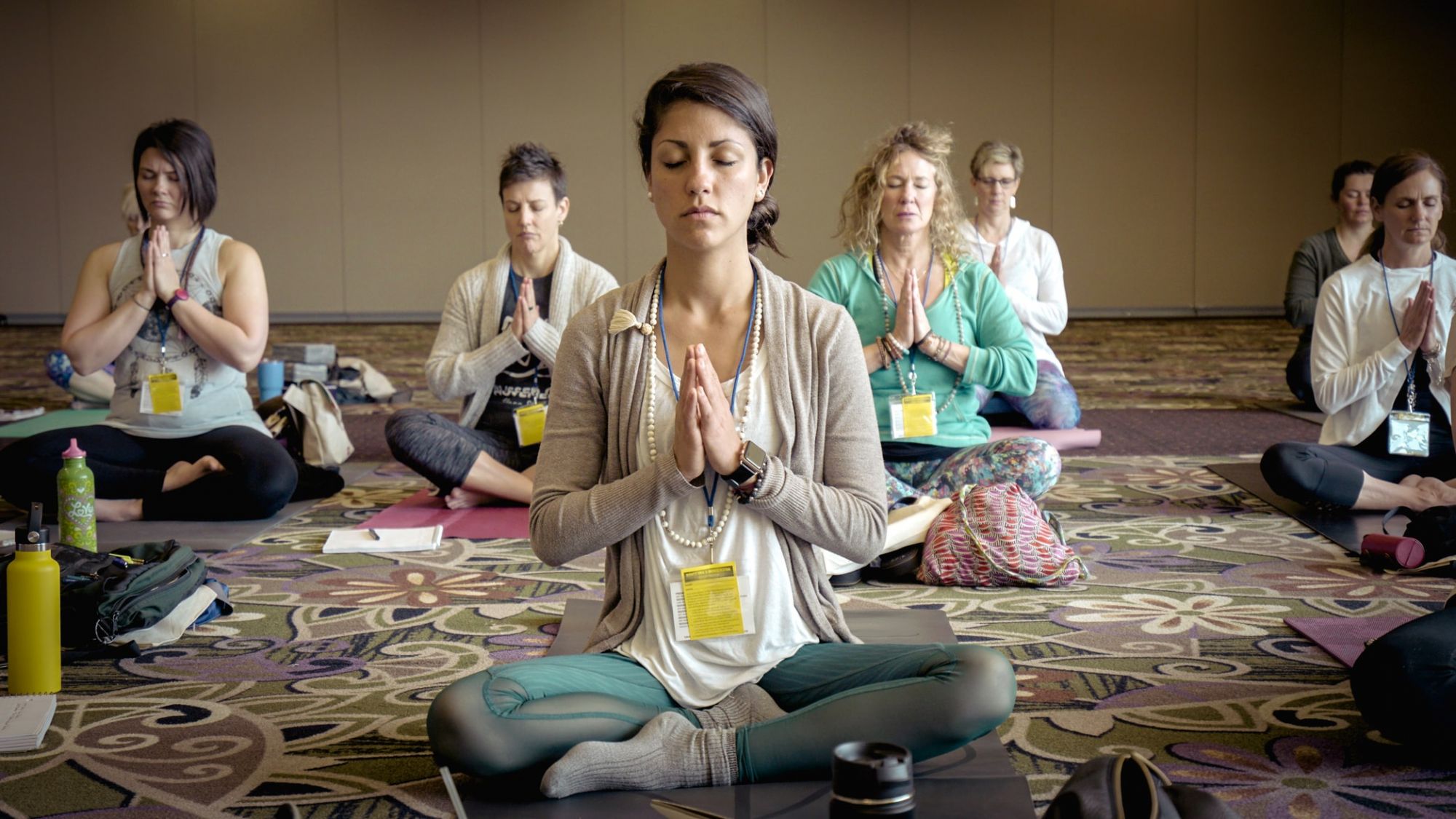In reaction to hyperactive scrolling on social networks, the dominance of violent films and ultra fast-paced series, a new trend that espouses an alternative is emerging: "calmtainment." This refers to a new kind of video that soothes and guides viewers towards inner peace. And it's starting to turn up everywhere.
Say goodbye to blockbusters and action-packed James Bond-style content. The latest trend when it comes to TV content is for calmness. For "calmtainment" to be more precise. At the crossroads of "calm" and "entertainment," this trend has been identified as one of the 100 trends that will define 2021 by the Wunderman Thompson agency in its annual report, The Future 100.


Entertainment platforms are transporting viewers to world of calm, the report indicates, "encouraging mindfulness and selfcare in a turbulent time". The trend includes Netflix's "Headspace Guide to Meditation," an animated series released 1 January 2021. The eight episodes propose guided meditations and learning mindfulness techniques in order to better manage one's emotions.

